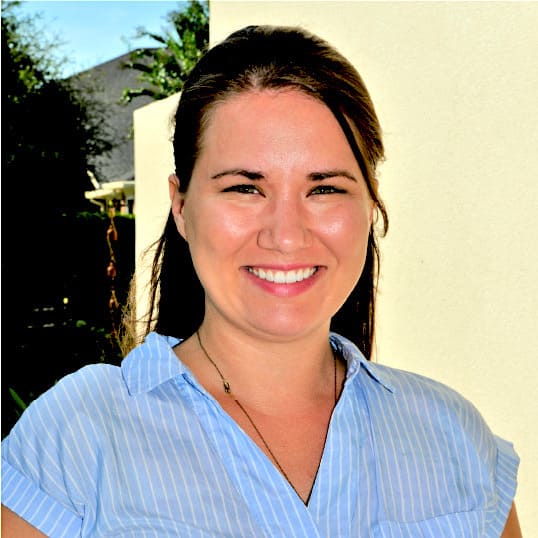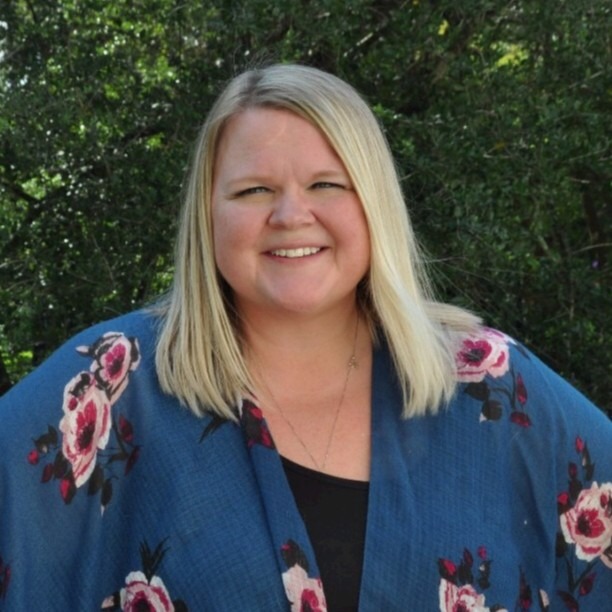A couple weeks ago, our Naturally Informed team concluded its 6th virtual conference. The Active Nutrition: Mastering the Marketplace conference included keynotes, panels, the presentation of new science including targeting underrepresented demographics, nutrigenomic implications for active nutrition, and market dynamics and trends. That’s consistent with our general approach in the Naturally Informed series – top notch emerging science, great engaging and relevant keynotes, and positioning and communications within the market context.
Although it’s been some time since my last ‘Musings‘ piece, that doesn’t mean that I have been musings-less. This most recent event gives me an opportunity to do a quick catch up. I’m going to start with an overview and then share my key takeaways.
Digging into the event scope, the first day started with Jamie Meeks, dietitian, and the director of Sports Nutrition for the NFL’s New Orleans Saints. While expressing the predictable reservations about supplements and elite athletes, what Jamie did describe well was the diverse roles played by pro sports dietitians including both food and supplement procurement, and the importance of integrating special diets, while also being well informed of current and emerging trends including diet trends. In bonus content, Jamie went deeper into factors influencing any recommendation on supplements she might make, citing the ‘presence of proprietary blends’ as a total deal killer, and full transparency as a sought-after brand value proposition.
Ahmed El-Sohemy next spoke of the role of nutrigenomics and personalized nutrition for athletes and those involved in active nutrition with a key take-away being the scalability and accessibility of nutrigenomics beyond the ‘elite’ and into the broader population of consumers. Lycored, an event sponsor up next, talked about the importance of sun/skin care to the broadening demographic of users the topic of active nutrition now covers. The implications of the microbiome arose again in an entire session/panel as Orla O’Sullivan and Jonathan Scheiman presented, with the topic labelled as ‘Gut Performance: Next Gen Performance Boosters from the Microbiome’. The importance of diversity and taking steps to promote that diversity is of disproportionate importance amongst active nutrition enthusiasts and athletes; athletes have special needs due to the stresses and strains in their lifestyle, many of which are microbiota mediated; exercise impacts gut transit times with several implications; athletes have been shown to have unique microbiota due to their needs to generate and harvest energy, and to promote endurance and other factors.
The conversation then switched to special diets and special populations with Nancy Guest discussing the role of various special diets in the active nutrition space – and again, the microbiota, ensuring the right nutrient support – at the right time, was paramount. The conversation then switched to under-researched populations, featuring Doug Kalman and Abbie Smith-Ryan, with the former setting the landscape by examining the white space broadly in unmet needs in various populations including ethnic, economic, religious, keto, and other groups now more active and the broad need for additional research into these areas. Dr. Smith-Ryan focused on female athletes and their needs specifically, building on her recent publication including neurological, muscular and other gender-based differences. Co-chair Nathan Gray had a follow-up Q&A with Doug and Abbie which further developed a few themes, including religious based diets as an example often of intermittent fasting diets, broader needs for say challenged populations and then digging into female needs for athletes but also more broadly, recognizing different challenges in energy and stress management for women specifically. Check out the bonus content here.
Back to the main event – day two opened with Dr. Kien Vuu, in a very motivational and passionate presentation, talking about his own nutrition/lifestyle journey to establish control over health and outcome. He talked about getting to the ‘thrive’ state and the positive impact on mindset, relationships, community – all with obvious implications for movement and active nutrition. Next up was a panel discussion on trends, behavior and the market including from FMCG Gurus (Active Nutrition market trends), ClearCut Analytics (Amazon sports nutrition product highlights and whitespace) and the indefatigable Mark Blumenthal, founder of the American Botanical Council, talking about his own regimen and the broader application of herbs in active nutrition (including newly released herb sales data and information about the risk of adulteration of certain herbs).
The NI team has prided itself on putting our collective heads (and experience sets) together to produce unique, compelling content. For the most part we’ve delivered and the Active Nutrition event was no exception.
For instance, I’d never heard Jonny Bowden speak before, although knew of him. His presentation on ‘myth-busting in the era of fake news’ could have been part of any curriculum and any topic, but its context in active nutrition was truly appropriate. Against this main and broad thesis, he specifically noted the failure of all low-fat diets and the myth of fat avoidance as a strategy to become more active, metabolize better, lose weight, and manage and direct energy. As he laid out his argument, his point on insulin resistance being key and about inputs and nutrients that were essential for optimization of hormones levels made perfect sense. On a bigger scale, he expressed what we in this industry know so well – big food, its power and its press is a huge problem. We here at TTC feel this acutely in our work trying to challenge the narrative versus saturated fats in our work for the Coconut Coalition of the Americas and in support of the benefits of coconut oil.
Back to Naturally Informed and Active Nutrition.
In a second sponsored session, NOW discussed the science behind several active/sports nutrition ingredients and provided perspectives on formulating in this market. The presentation included how to manage in the midst of macro-movements such as plant-based, especially in the protein realm, and product development constraints. Finally, closing out the program was author and celebrity trainer Jorge Cruise, in a one-to-one conversation with Whole Foods Editor in Chief and Naturally Informed co-chair, Maggie Jaqua discussed Jorge’s recent experiences, observations and conversations in the world of active nutrition, and the role of trainers on the one hand and influencers on the other.
This event covered a lot in only two days. A few of my additional key takeaways:
- There’s a huge need and opportunity to further examine under-represented populations, not just in athletes, but on a much larger scale. As in many areas of research, athletes, due to the stress they are under, can be often viewed as the ‘canary in the coal mine’ and are generally good for study compliance due to their disciplined regimen. However, as more folks get truly ‘active’, and in fact, their practitioners instruct them to do so, we need to understand serious limitations or constraints that might be in place for some demographics.
- The next point is closely related – We need a much larger population to become active and that’s what’s happening. From a market standpoint, the topic of active nutrition will boom for years to come.
- When thinking trends, you can often map them over top of each other to get an intersection point of significant and exponential impact. In this case, you can take the juncture of special diets/plant-based and active nutrition, or you can similarly take the intersection of emerging microbiome-based science and active nutrition and what you get is literally a hypergrowth-opportunity’.
- With the advent of the Internet, everyone is a published and the days of only ‘accredited’ journalism are gone forever. Obviously of significance in so many of our day-to-day activities and information gathering, ‘fake news’ plagues anyone seeking objective information reflective of evolving and emerging coverage. Nutrition science is not only no exception, it might be the poster-child for where rigid beliefs and outdated and disproven science are entrenched – literally forever – whether we’re talking dietary fats, diets overall, the role of supplements – and the list goes on.
Until next time.
~Len





